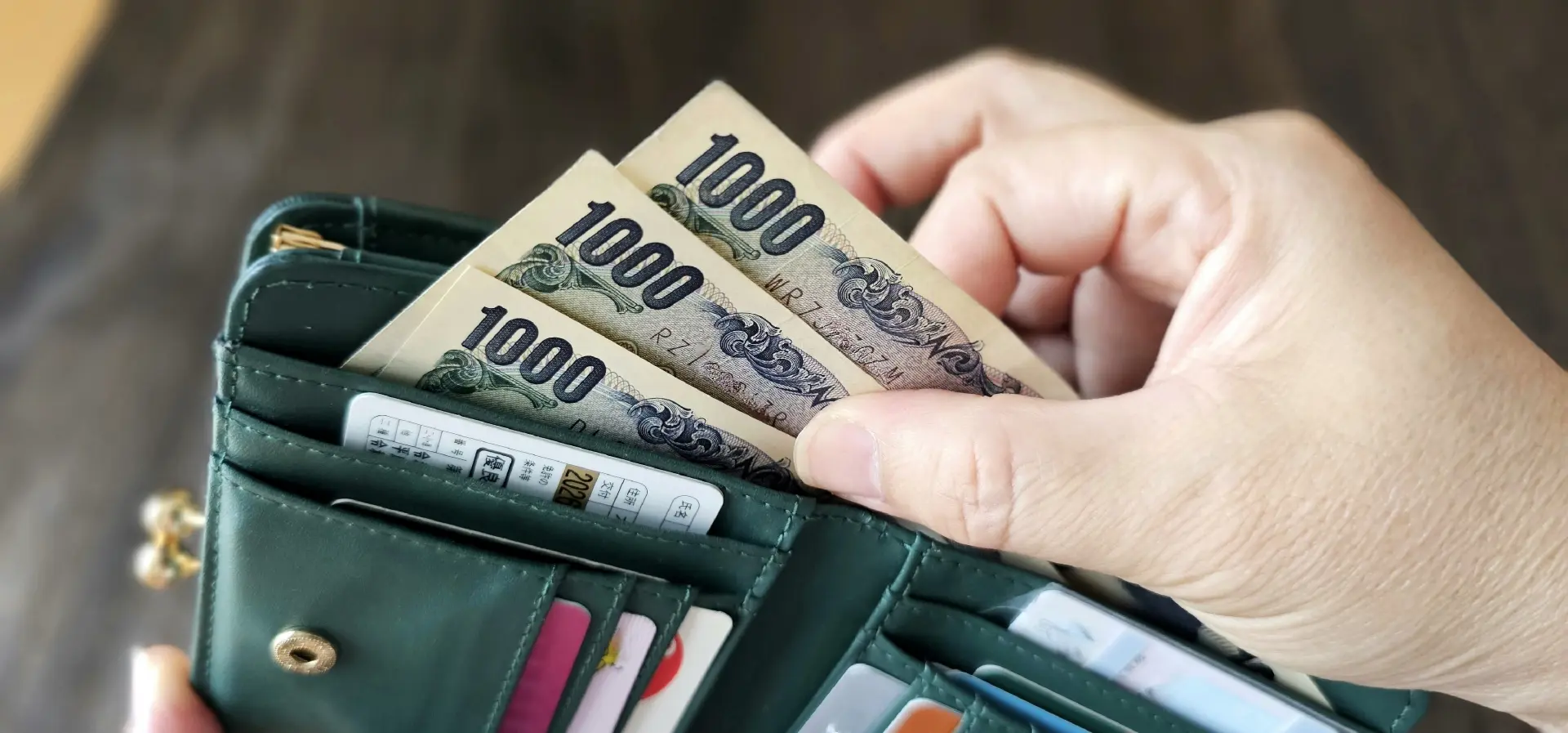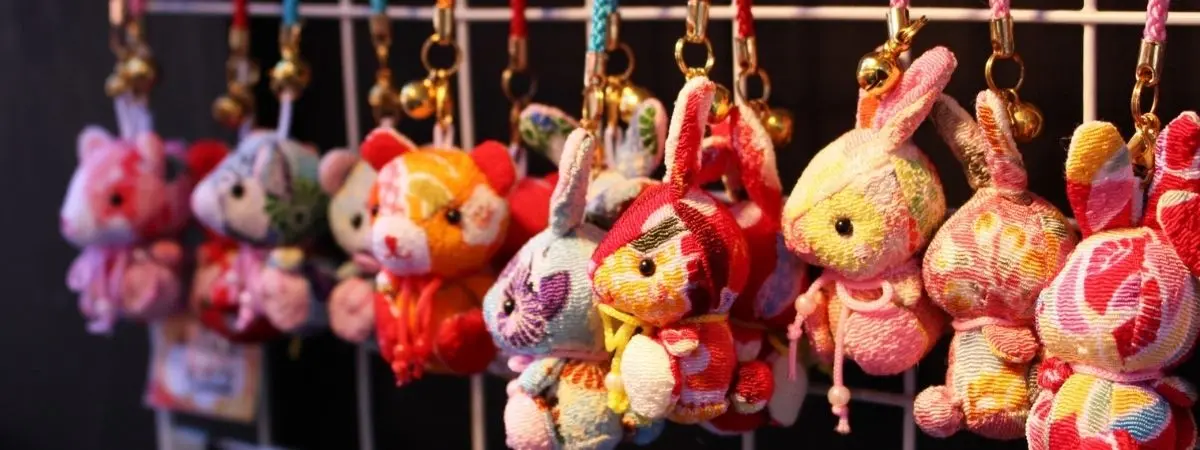- Home
- Planning Trip to Japan
- Tipping in Japan


Tipping in Japan
日本のチップ文化
Generally speaking, Japan doesn't have a tipping culture.
If you leave money on the table in your hotel room or at a restaurant and walk away, the staff might rush after you, because they will assume you forgot your money.
In many cases, trying to give a tip in Japan may actually cause confusion or discomfort for the staff.
Can You Tip in Japan?
Of course, leaving a tip is not against the law or a breach of etiquette. However, those who accept it are usually limited to small, privately run businesses that can respond flexibly, or establishments that are used to serving overseas visitors.
In Japanese culture, there is generally no familiarity with the concept of tipping. From the employee’s perspective, the money paid by customers belongs to the establishment, and it is the establishment that compensates employees through wages.
So in most cases, if you try to hand over a tip, the staff will appreciate your kindness but politely decline.
Tipping Isn’t Expected—and It Won’t Affect Service

In Japan, service quality does not change whether you give a tip or not.
You won’t receive special treatment just because you paid a large tip, nor will your service be worse if you don’t tip at all.
The level of service depends on the shop or the staff themselves, not on tipping.
While some business owners used to foreign tourists may accept tips with gratitude, most establishments do not provide service on the assumption that tips will be given.
Other Ways to Show Appreciation
If you want to express gratitude for excellent service or thoughtful hospitality, there are more effective ways than tipping.
Verbally Thank The Staff

Even a simple word of appreciation can make staff very happy.
You might not always get a strong reaction—Japanese people often don’t openly show emotions—but rest assured, they are delighted on the inside.
“Arigato” (Arigatō/ありがとう)
“Arigato” means “Thank you” in Japanese. It’s a universally understood and heartfelt phrase.
Even this simple phrase can earn you a big smile—or a friendly 'Arigato' or 'Arigato gozaimasu' in return.
“Thank you”
Even if many Japanese are not confident in English, almost everyone understands “Thank you.”
If you speak slowly or repeat it once or twice, they will likely get the message.
If you’re unsure of your Japanese pronunciation, saying it in English works just fine.
Write a Note or Email

If you want to express your gratitude in more detail—such as what you especially appreciated—it can be difficult in Japanese, and spoken English might not be fully understood.
In that case, leave a short note on a piece of paper, or send a message via the shop’s contact form.
Many Japanese people can understand written English with the help of a translation tool. Written messages are often shared with managers or owners, which can boost motivation across the team.
If you want to thank a specific staff member, including their name and the date of your visit can help with their recognition.
Buy Some Merchandise

If you feel moved to show your appreciation through tipping, consider buying something from the shop’s merchandise stand to support the business.
Rather than tipping, contributing to the shop’s sales is a meaningful and welcomed way to show gratitude.
Leave a Positive Review

Consider writing a positive review on travel sites or map services.
Good reviews attract more customers and spread awareness of excellent service, creating a positive cycle.
“Thank You, But Just the Thought Is Enough”: A Japanese Cultural Gesture

When staff decline tips, there is no ill intent.
In Japan, the sentiment of "accepting the feeling with gratitude" without taking anything material is commonly expressed. This polite refusal shows gratitude for the offer itself, while declining the item. For example, when declining a gift or tip, people might say something like:
- “Okimochi dake (お気持ちだけ)” – “Just your kind thoughts are enough.”
- “Kimochi dake arigataku itadakimasu (気持ちだけありがたくいただきます)” – “I’ll gratefully accept your kind sentiment only.”
These are polite and warm phrases for declining.
The staff may not take your tip money, but they will happily accept your gratitude, cherishing it quietly in their hearts.